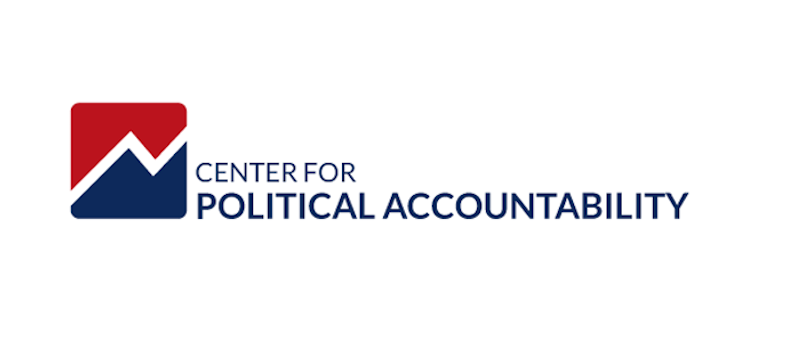Today, the Center for Political Accountability (CPA), in conjunction with the Zicklin Center for Business Ethics Research, released the 2015 installment of their annual Index of Corporate Political Disclosure and Accountability, a metric that purports to rank corporations’ disclosure policies for political and issue-related speech. We have said of past versions of the CPA-Zicklin Index that using it as a measure of best corporate practices is like asking a wolf to describe best practices for sheep, and the 2015 edition poses the same dangers.
CPA attempts to present its advice as good for businesses, but its ultimate aims are purely political. The Index advocates disclosure for the sake of disclosure, praising companies for “bringing sunlight to political spending at a time when political transparency in America has become devalued.” Keep in mind, this comes from an activist group with no obligation to do what’s best for shareholders.
Corporate managers, on the other hand, do have that responsibility, and should know that existing academic research suggests that these types of invasive policies can be a very risky path for companies to go down. The experience of corporate disclosure in the United Kingdom demonstrates that the assumptions guiding the CPA Index’s recommendations are fundamentally flawed. CCP Academic Advisor David Primo wrote in the Wall Street Journal in 2014:
“If tighter controls on corporate political spending are so good for shareholders, and if such spending is so risky, then the announcement of the report [from Britain’s Committee on Standards in Public Life calling for new disclosure policies] should have reduced the volatility of returns—a common measure of risk—and increased stock returns for politically active companies relative to companies that stay out of politics. After all, the report’s recommendations were stronger than anticipated and would influence subsequent legislation.
It didn’t. In fact, our analysis shows that in the months and years after the report was released, stock-return volatility increased, and stock returns declined, for politically active firms compared with inactive firms.
Lower stock prices and higher volatility aren’t good for shareholders. So why do the Center for Political Accountability, the Zicklin Center and others argue that disclosure policies serve shareholder interests? One reason: Disclosure proponents are expressing concern for shareholders as a pretext for restricting corporate activity in politics.”
The end goal of these policies is not corporate transparency, but corporate silence, even in the face of legislation or regulation that could severely damage shareholder value. The 2015 CPA Index proclaims, “Many companies have placed restrictions on their political spending. This is a major change since 2004 when few companies imposed such restrictions, or had policies about how they would spend on politics.”
When companies agree to disclose, they hand political activists the tools to harass them into silence. Just earlier this week, Real Clear Science reported on a group of animal rights activists that “have chosen to behave like creepy stalker ex-boyfriends, screaming over the phone at the executives of Skanska (the firm contracted to build a new animal lab at the University of Washington) and protesting outside their homes. Similar tactics with the intention to intimidate and harass were used against University of Washington faculty.” In this kind of environment, is more disclosure really what companies need?
CPA is free to advocate whatever corporate practices it desires, but shareholders and managers who put the best interests of their company and their shareholders before their politics should know that CPA won’t do the same. They should also know that a strong majority of Americans view political action by businesses as beneficial in many contexts, and would engage in political activity if they were a corporate manager. Maybe shareholders are already wise to CPA’s scheme: roughly 80 percent of shareholders at Fortune 250 companies rejected proxy resolutions related to corporate public policy and lobbying disclosures in 2015.
Despite opposition from shareholders, we shouldn’t expect efforts to bully corporate speakers out of public life to cease any time soon. As Charles Kolb warns ominously in the Index’s foreword, “It really doesn’t matter if the company is public or private, global or local – the scrutiny will only continue and, most likely, intensify.”
Thanks to the First Amendment, the government can’t take away our freedom of speech and association. Don’t let activists do it for them.














